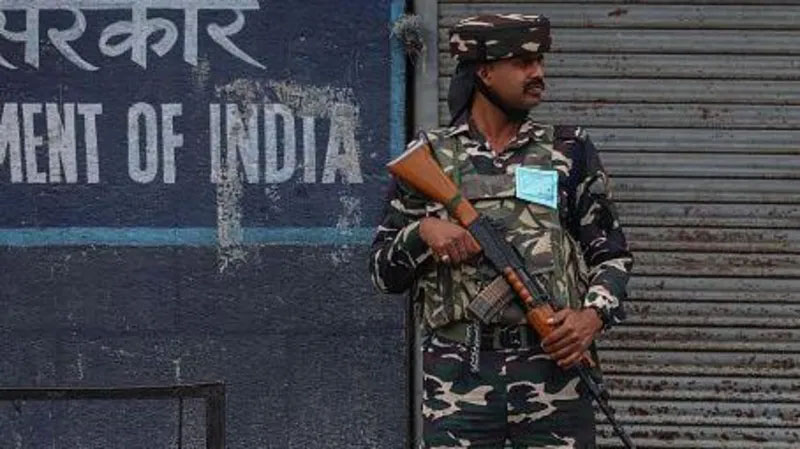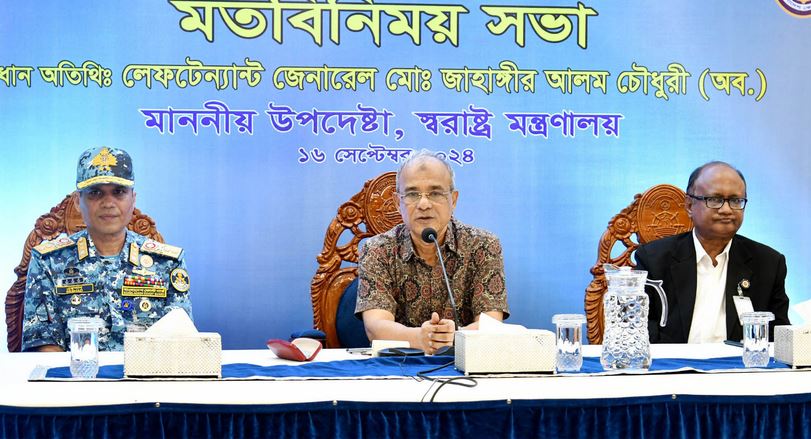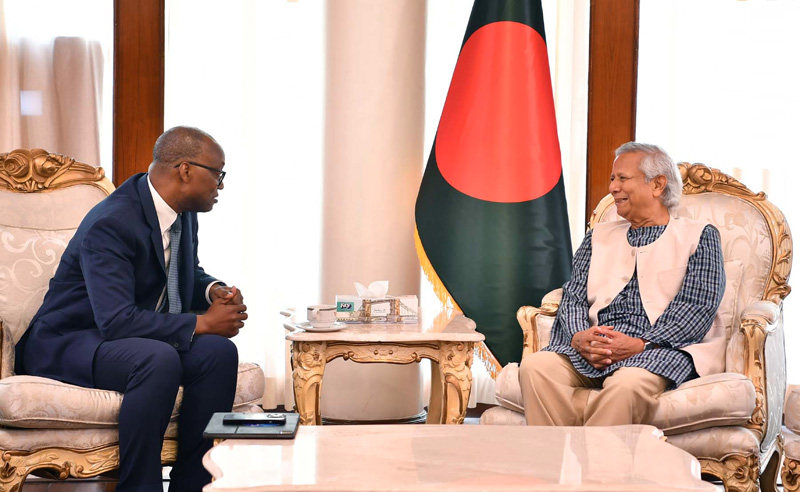
Online Desk: As the sham polls in Indian illegally occupied Jammu and Kashmir (IIOJK) approach, doubts and despondency are rising. India, as it has in the past, is marketing these sham polls internationally to deceive world opinion and delay the resolution of the longstanding Kashmir dispute. This is part of the worst ‘Chanakya style’ politics practiced by Indian leadership from Nehru to Modi.It is time for Indian leadership to learn from the 2024 Indian parliamentary elections, in which the public rejected the much-discussed third-term mandate for Modi and brought the Hindutva leaders to their knees.
Using the Indian Supreme Court, the BJP-led coalition decided to hold these sham polls in Kashmir. The Supreme Court’s order was a disgrace to India’s justice system, with the judiciary’s ‘godfathers’ coming to the rescue of Hindutva leaders by rejecting appeals against the abrogation of Article 370. This proved that in India, Hindutva leaders are free to pursue their agendas, even if it means turning Kashmir, a region with a significant influx of local and foreign tourists, into another battleground. The Supreme Court’s decision to proceed with elections under the Indian Army and paramilitary forces was aimed at ensuring results favorable to them.
Now, with the sham elections looming, the Indian government must choose between conducting polls akin to those of 1977 or 1987, both of which were heavily rigged by Indian governments. Kashmiris should be reminded that there is no substitute for the plebiscite promised to them on the platform of the United Nations Security Council.
The elections on March 23, 1987, resulted in a hung assembly, with Rajiv Gandhi’s Congress as a partner and Farooq Abdullah as Chief Minister. The elections were widely perceived as rigged by Indian and international media. Consequently, Kashmiris decided to boycott future elections, which led to a low turnout in subsequent Indian parliamentary elections.
The rigging of these elections drove Kashmiri youth toward a large-scale liberation movement, which India responded to with severe repression. Despite international pressure, India launched extensive violence and repression in Kashmir.
The Indira-Abdullah Accord of 1975 was harmful to both Kashmiris and India, and another accord signed by Rajiv Gandhi and Farooq Abdullah further fueled Kashmiri resistance.
Currently, with the BJP-led Indian government having abrogated Article 370 and stripped Kashmiris of their special status, the political landscape has been marked by negative tactics and black laws aimed at altering Jammu and Kashmir’s demographic composition.Political analysts are questioning whether this situation might lead to Indian disintegration, given the resistance movements in more than nine Indian states.







